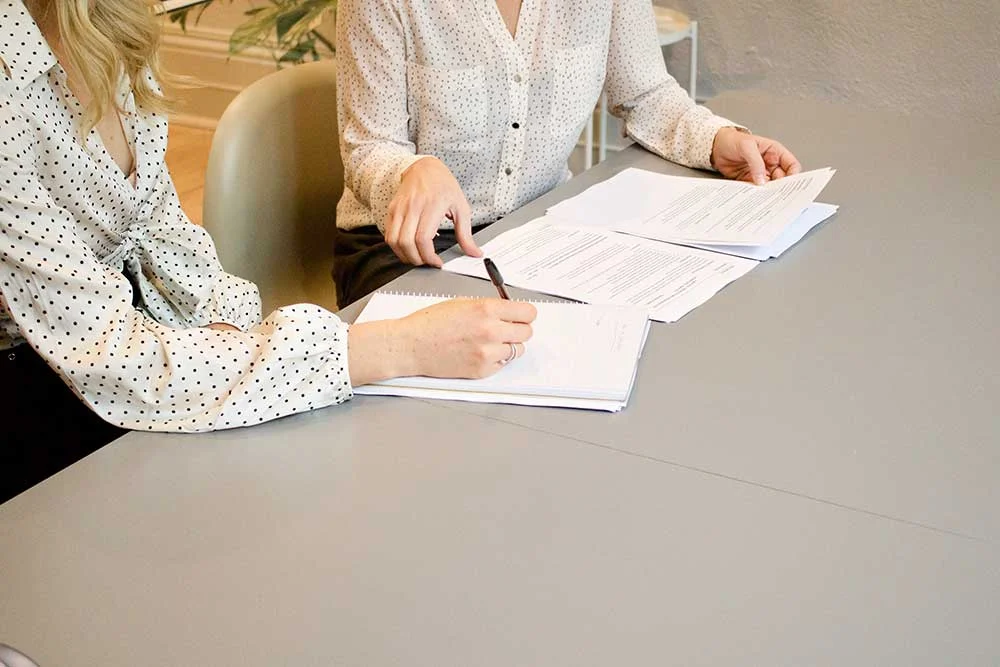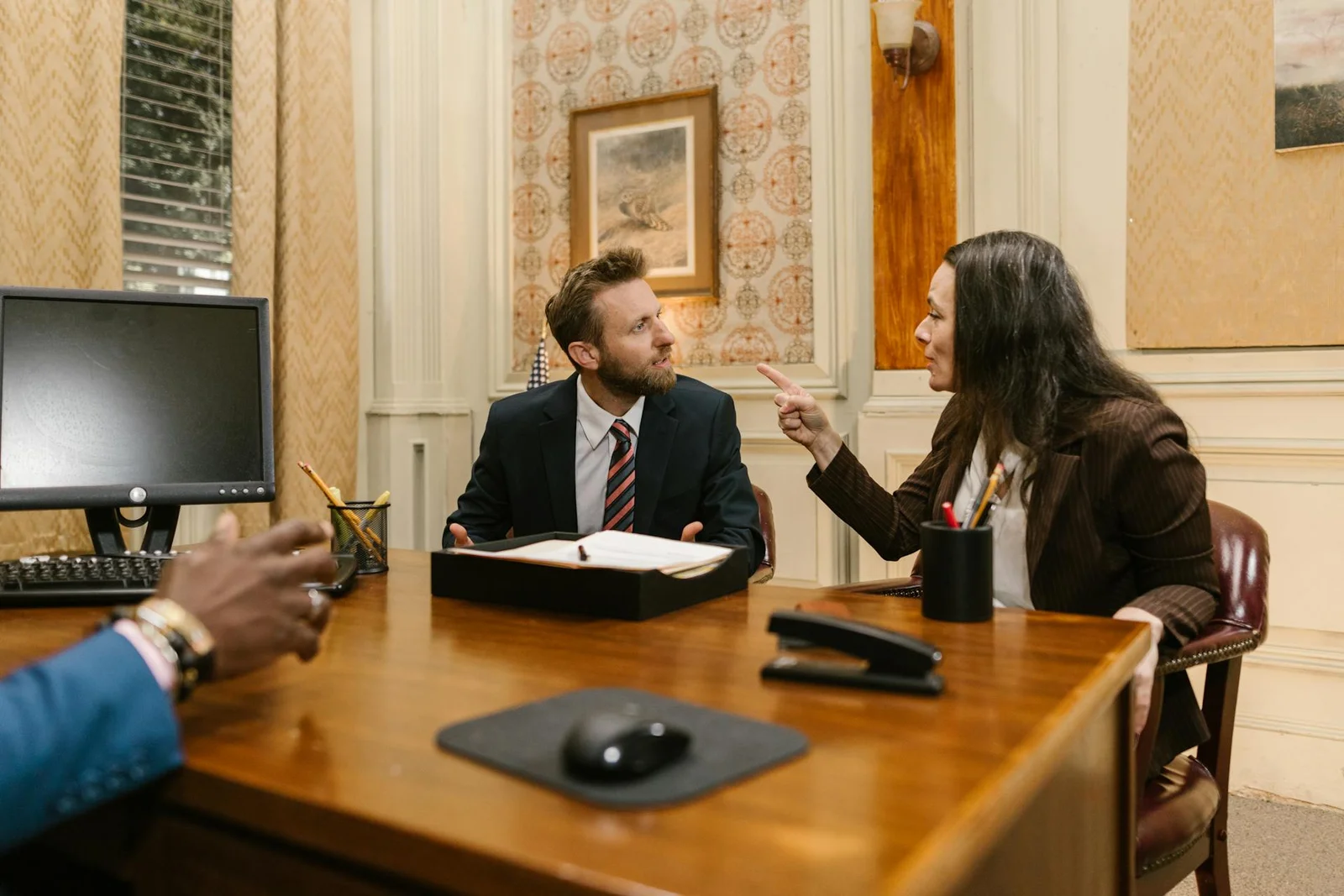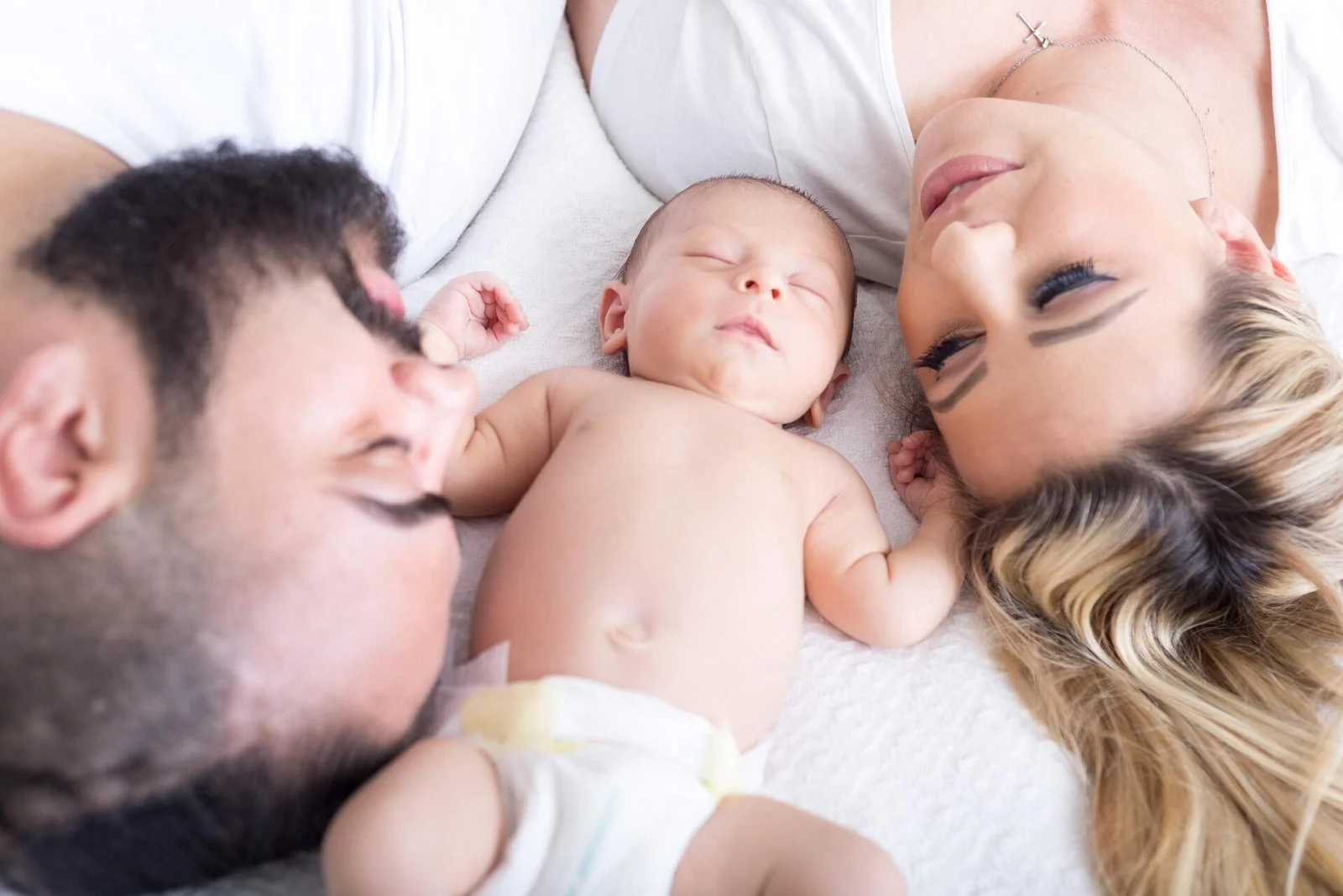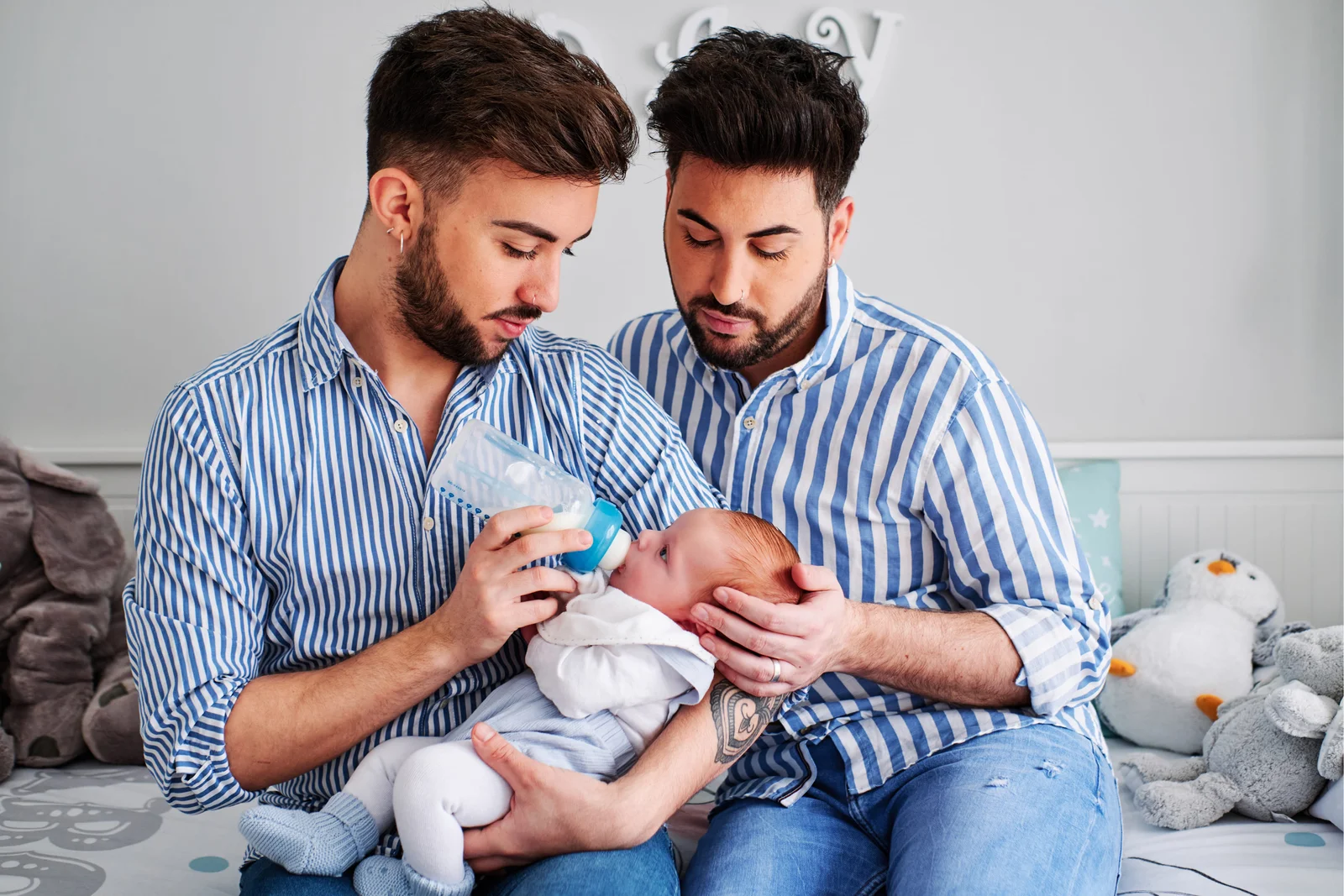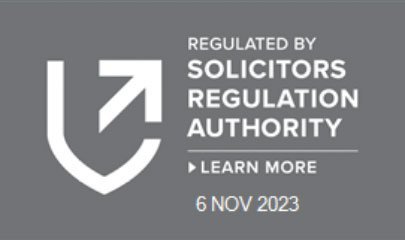Depending on the couple’s circumstances, the child’s other intended parent may find herself in a more complicated limbo in terms of legal status. We consider some of the possibilities below.
Married and Civil-Partnered Couples
If you are married or in a civil partnership and conceived a child after 6 April 2009 through artificial insemination at a UK registered clinic, the non-birth mother will become the second legal parent. This is quite straight forward and means that even if you are not biologically related to the child you will be a legal parent and assume parental responsibility. To avoid any future confusion, you should make sure that you both sign the child’s birth certificate.
If the child was conceived through sexual intercourse or through artificial insemination that did not take place at a UK registered clinic, the biological father will become the child’s second legal parent. In this situation, you can still become the child’s legal parent and the preferred route is usually through adoption. When you adopt the child the parental rights of the father, who was not intended to be a parent, will be immediately extinguished and transferred to you.
Unmarried Couples
If you are not married or in a civil partnership, you will not gain any automatic rights or responsibilities for your partner’s birth child, but it is still possible for your role to be recognised in law.
Adoption is usually the preferred route. If you are unable to adopt the child, you can still obtain legal parental responsibility by entering into a parental agreement with the other people who have parental responsibility. This is relatively simple but does require all parties with parental responsibility to give consent.
You could also apply for a child arrangements order, but you need to have been living with the child for a period of three years or have the consent of everyone who already has parental responsibility before you can apply. If you do not have consent, but meet certain other criteria, you can ask the Court for permission to apply.
Do we both need to have Parental Responsibility?
Although it is not a requirement, it is advisable for both of the child’s intended mothers to gain parental responsibility. Parental Responsibility is legally defined as “all the rights, duties, powers, responsibilities and authorities which by law a parent of a child has in relation to the child and the child’s property.” It includes the responsibility of providing for and protecting the child.
Only the mother with parental responsibility will have the legal right to make important decisions in the child’s life, including agreeing medical treatment and choosing their school. This might not seem like a big issue as you can still make joint decisions, but it can create day-to-day issues. For example, if the mother without parental responsibility needs to take the child to hospital, she will not be able to authorise treatment.
You should also be aware that if something happens to the mother with parental responsibility, a child will not automatically stay with her spouse or partner. It will fall to the authorities to decide on an appropriate caregiver and this can leave children vulnerable at a time when they most need certainty in their lives. There can also be difficulties with your child’s inheritance as your parental role will not be recognised by the Courts. Our blog on The Importance of Wills in Safeguarding Your Child’s Future explains more about the steps you can take to ensure your child is protected in the period before you both have parental responsibility.
LEGAL ADVICE
If you would like legal advice on the most suitable way of gaining parental responsibility for a child, or creating a pre-conception agreement with a known sperm donor, please call contact us on 020 7993 2936 to request a consultation with one of our team.



